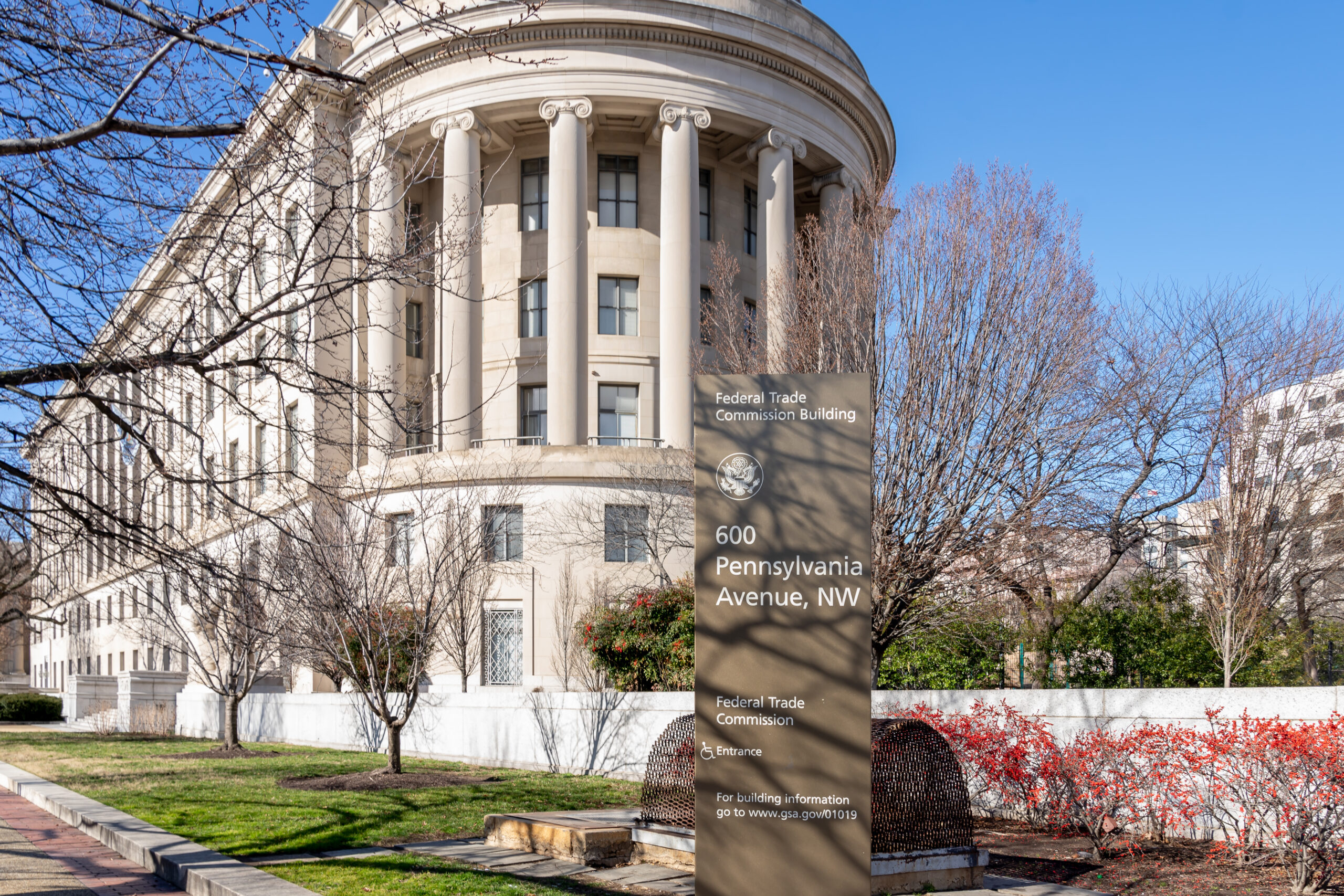Showing results for appi2020 2011va 2011va api documentation appi2020 2011va

Utah Considers Proposals to Require Web Services to Verify Users’ Ages, Obtain Parental Consent to Process Teens’ Data
[…] can accurately distinguish a 12 year old from someone over 25, resulting in a much smaller number of users that would be required to provide sensitive identity documentation. Although methods of verification and forms or methods of identification will be established by further administrative rulemaking, compliance with the proposed legislation as written may still […]

Workplace Discrimination and Equal Opportunity
Why monitoring cultural diversity in your European workforce is not at odds with GDPR Author: Prof. Lokke Moerel* The following is a guest post to the FPF blog from Lokke Moerel, Professor of Global ICT Law at Tilburg University and a lawyer with Morrison & Foerster (Brussels). The guest blog reflects the opinion of the […]

Record Set: Assessing Points of Emphasis from Public Input on the FTC’s Privacy Rulemaking
More than 1,200 law firms, advocacy organizations, trade associations, companies, researchers, and others responded to the Federal Trade Commission’s Advance Notice of Proposed Rulemaking (ANPR) on “Commercial Surveillance and Data Security.” Significantly, the ANPR initiates a process that may result in comprehensive regulation of data privacy and security in the United States, and also marks […]

Five Big Questions (and Zero Predictions) for the U.S. State Privacy Landscape in 2023
Entering 2023, the United States remains one of the only global economic powers that lacks a comprehensive, national framework governing the collection and use of consumer data throughout the economy. Congress made unprecedented progress toward enacting baseline privacy legislation in 2022. However, the apparent impasse in the efforts to move H.R. 8152, the American Data […]

GDPR and the AI Act interplay: Lessons from FPF’s ADM Case-Law Report
[…] HRAIS’s intended purpose, level of accuracy, performance, specifications for input data, and implemented human oversight measures (as detailed in Article 14 AI Act). Additionally, the HRAIS’s technical documentation that the provider is required to draw up under Article 11 AI Act – and whose elements are listed under Annex IV AI Act – will […]

Federal Court deems university’s use of room scans within the home unconstitutional
I. Summary A federal court recently ruled that a public university’s use of room-scanning technology during a remotely proctored exam violated a student’s Fourth Amendment right to privacy. The decision in Ogletree v. CSU is the clearest indication to date of how courts will treat Fourth Amendment challenges to public higher education institutions’ use of […]

Judge declares Buenos Aires’ Fugitive Facial Recognition System Unconstitutional
[…] local government’s assertions, this risk was ongoing and widespread, and it had been this way since the system was first implemented, as demonstrated by the Public Defender’s documentation. Additionally, the judge determined that although some flaws are rooted on the CONARC database, the SRFP could not be considered lawful per se since its operation […]

What Happened to the Risk-Based Approach to Data Transfers?
[…] irrelevant: AMANN v. SWITZERLAND (coe.int). 10 Art. 29 WP, ‘Opinion 1/98 Platform for Privacy Preferences (P3P) and the Open Profiling Standard (OPS) , (1998), p. 2: https://ec.europa.eu/justice/article-29/ documentation/opinion-recommendation/files/1998/wp11_en.pdf. 11 https://eur-lex.europa.eu/legal-content/EN/TXT/?uri=CELEX:12012P/TXT 12 https://eur-lex.europa.eu/LexUriServ/LexUriServ.do?uri=CELEX:12012E/TXT:en:PDF 13 This is evidenced by the fact that in the Directive the EU transfer rules are not included in Chapter II (The […]

The “Colorado Effect?” Status Check on Colorado’s Privacy Rulemaking
Colorado is set to formally enter a rulemaking process which may establish de facto interpretations for privacy protections across the United States. With the passage of the Colorado Privacy Act (CPA) in 2021, Colorado, along with Virginia, Utah, and Connecticut, became part of an emerging group of states adopting privacy laws that share a similar […]

New Report on Limits of “Consent” in Singapore’s Data Protection Law
Introduction Today, the Future of Privacy Forum (FPF) and Asian Business Law Institute (ABLI), as part of their ongoing joint research project: “From Consent-Centric Data Protection Frameworks to Responsible Data Practices and Privacy Accountability in Asia Pacific,” are publishing the thirteenth in a series of detailed jurisdiction reports on the status of “consent” and alternatives […]
